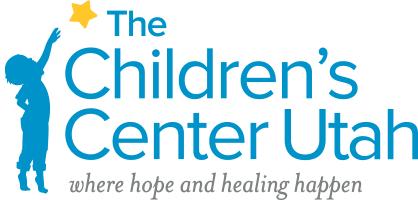November kicks off the holiday season with high expectations for a cozy and festive time of the year. However, for many this time of the year can be associated with sadness, anxiety, or depression. While major depression and severe anxiety require professional assistance, what do we do when we feel lost or overwhelmed? Research has shown that expressing gratitude can actually lift our spirits. Gratitude is also associated with happiness and overall life satisfaction. When our sense of self-worth goes up, our satisfaction of life also goes up. And since gratitude can increase our sense of social connection, it may also increase our happiness.
So how do we build “gratitude muscles” in everyday life for our families, ourselves, and our children? Here is a list of strategies that can help us focus on gratitude:
Model and teach gratitude:
It is important for ourselves to set aside time for moments of gratitude. It is also important to model gratitude for our kids and help them set aside time as well:
- Bedtime Gratitude: Every night before your kids go to bed, take 5 minutes for everyone to say what they are grateful for. You can start to create a family habit of gratitude by asking the question every night.
- Gratitude fortunes: Letting kids write little “fortunes” that name something they are grateful for. Once a week, pull a gratitude fortune out to read together as a family. The more we practice, the better we get at focusing on daily gratitude.
Mindful moments:
- Being present in our day-to-day interactions can increase our ability to engage in gratitude behaviors with our children. There is no such thing as a quick and easy recipe for being a more mindful parent. However, we all have the ingredients that can lead us to more mindful moments with our families. When you are spending time with your child, focus on being present, focus on the moment, and rid yourself of distractions, such as your smartphone. Being mindful helps maintain empathy, which is an essential emotion for developing gratitude. If we can increase our own mindful moments with our children it will be easier for all of us to be grateful for our time together.
Breathing deeply:
- Breathing deeply is a great way to physically experience gratitude. Throughout the day, pause and focus on being grateful for something. Breathe deeply, close your eyes, and for a few seconds bring your awareness to this moment. What are you grateful for right here and now? How does this feel in your body and where do you feel it? Gently breathe and sit with your gratitude. This is also a great exercise to practice with your kids.
- Increasing our sense of gratitude can help us maintain a healthy outlook on our past, our present, and our future. It allows us to be thankful for the good we have accomplished. It also allows us to be thankful for what we can learn from our past or about others. Gratitude helps us feel connected and can be a powerful tool to help our children feel the same.
-Liliana Jimenez, LCSW
Family Therapist at The Children's Center Utah

